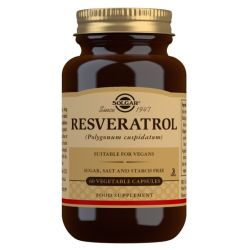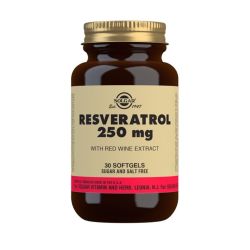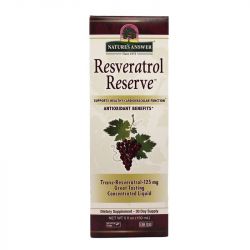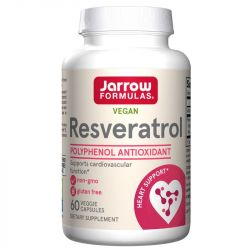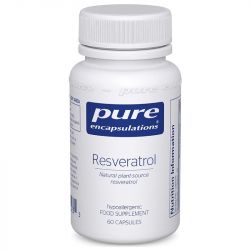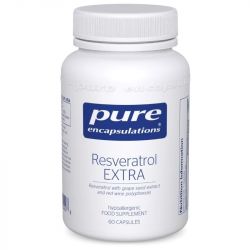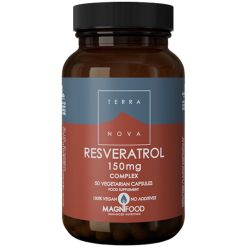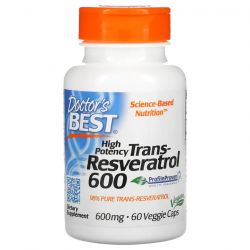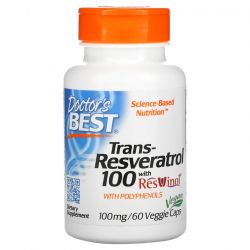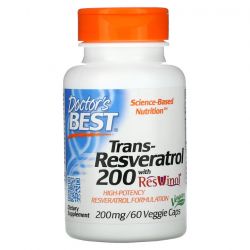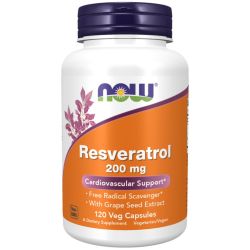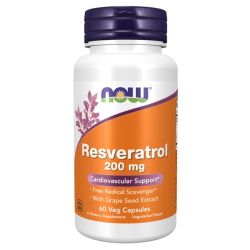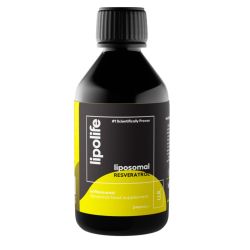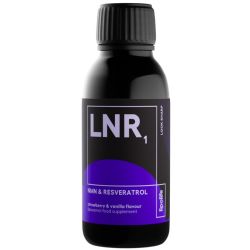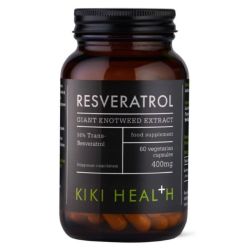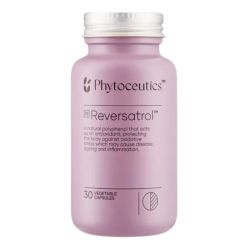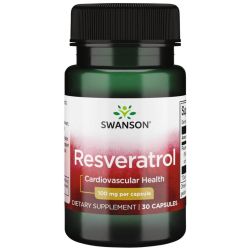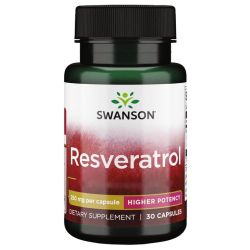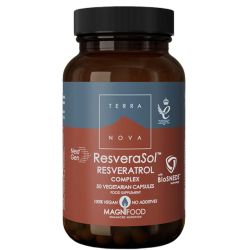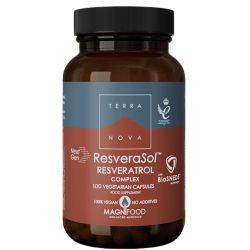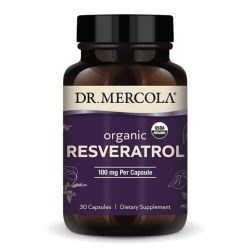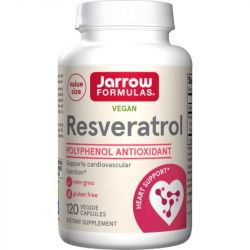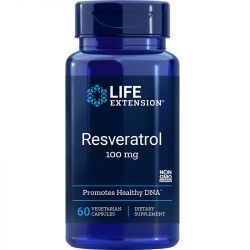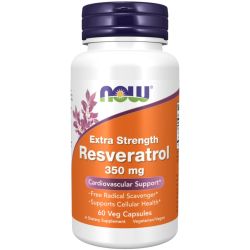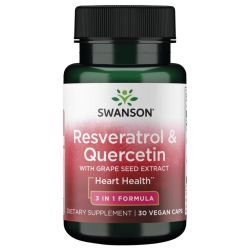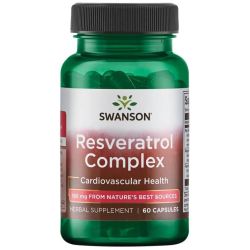Resveratrol Supplements
Resveratrol is a natural polyphenol found predominantly in the skin of red grapes, blueberries, raspberries, and certain nuts. It has gained considerable attention for its potential health benefits, particularly for cardiovascular health and longevity.
Resveratrol is known for its powerful antioxidant properties, which help combat oxidative stress and inflammation in the body. Studies suggest that resveratrol may improve heart health by promoting healthy blood circulation, reducing LDL cholesterol levels, and preventing arterial plaque formation. Additionally, it has been researched for its potential role in supporting brain health, enhancing insulin sensitivity, and possibly extending lifespan by activating certain genes associated with longevity.
- Terranova NextGen ResveraSol Resveratrol Complex Capsules 50Special Price £19.96 Regular Price £24.95
- Terranova NextGen ResveraSol Resveratrol Complex Capsules 100Special Price £36.40 Regular Price £45.50
All you need to know about Resveratrol
How does resveratrol support cardiovascular health?
Resveratrol helps improve cardiovascular health by enhancing endothelial function, promoting vasodilation, and reducing inflammation. Its antioxidant properties can protect blood vessels from oxidative damage, contributing to overall heart health.
What are the sources of resveratrol?
Resveratrol is primarily found in the skin of red grapes, but it is also present in other foods such as blueberries, raspberries, mulberries, peanuts, and dark chocolate. Red wine is a well-known source due to its fermentation process.
Are there any side effects associated with resveratrol?
Resveratrol is generally considered safe for most individuals when consumed in appropriate amounts; however, some may experience mild side effects such as gastrointestinal discomfort or headaches. It is important to consult a healthcare provider if you have concerns about using resveratrol.
Can resveratrol improve brain health?
Resveratrol has been studied for its potential neuroprotective effects, which may help enhance cognitive function and reduce the risk of neurodegenerative diseases. Its antioxidant properties can protect brain cells from oxidative stress.
Does resveratrol interact with other medications?
Yes, resveratrol may interact with certain medications, particularly anticoagulants and medications that affect blood sugar levels. It’s essential to consult a healthcare provider before starting resveratrol supplementation if you are on medication.
How does resveratrol contribute to anti-ageing effects?
Resveratrol may have anti-aging properties by activating sirtuins, proteins that are believed to promote cellular health and longevity. Its antioxidant effects can help protect against age-related diseases and improve overall health.
Is resveratrol effective for managing blood sugar levels?
Some studies suggest that resveratrol may help improve insulin sensitivity and lower blood sugar levels, making it potentially beneficial for individuals managing diabetes or at risk of developing the condition.

